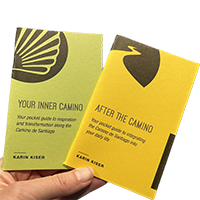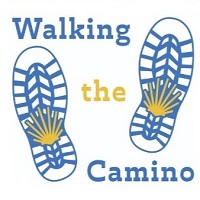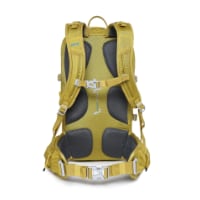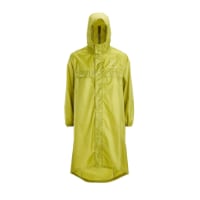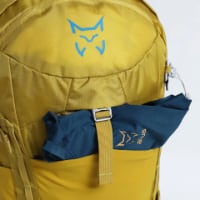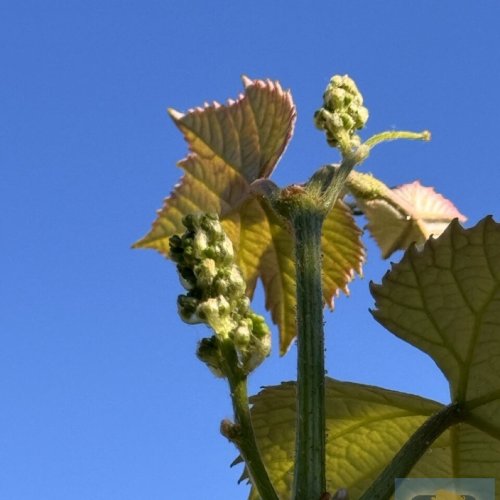Some years back, I retired from that US border agency. So, what I say here is as "official" as you can get. Unless you follow legal importation rules, your food product WILL be identified at the US port-of-entry.
I advise not taking the chance. A canned,processed and preserved jamon might make it through okay. But NOT a jamon on the hock as they say...

I have a mental picture of Lucy Arnez (Lucille Ball) wrapping a large Italian cheese in a swaddling blanket like an infant child, while flying back to the US from a trip to Italy, on a classic US TV episode of I Love Lucy... It was VERY funny. However, meats and cheeses are the first thing usually discovered in the inspection process.

That is what those cute little beagle-type dogs are for at US and other countries places of entry. The beagles are trained to detect organic substances, and specifically FOOD products. And they are particularly good at it too. But, they normally cannot smell a commercially packed canned or vacuum packed item, provided the outside of the container is well rinsed. For what it is worth, that is why you CAN bring back vacuum packed salmon from some countries...like Canada. Norway, or other EU countries.
Other canines, typically and more aggressive and larger breeds, are trained to smell drugs or explosive substances (not both).
All canine detection dogs, except the drug dogs are "passive alerters." This means they just sit down, or gently paw something when they detect. I have met some who just turn around and give their "human" the "look..." Fortunately, this includes the explosive substance and precursor chemical detection canines.
On the other hand, in my experience and observation, the narcotics dogs are mostly active alerters. They will pounce on a detected item or the bag it is in, or provide some readily viewable sign that they are on to something. Lying low, but coiled to leap, in a pre-attack position with a wildly wagging tail is one such reaction... salivating is another. Depending on their specific area of expertise, they LOVE to get their mouths on the item or the bag that it is in...

Finally, a constructive suggestion. In the US, there is a speciality shop carrying all manner of Spanish food and other "lifestyle" items. I can even obtain my Heno de Pravia, olive-oil soap there. The shop is called La Tienda. Here is their web site:
https://www.tienda.com/
They may not be "cheap" but they are reliable...and legal...

I hope this helps.



